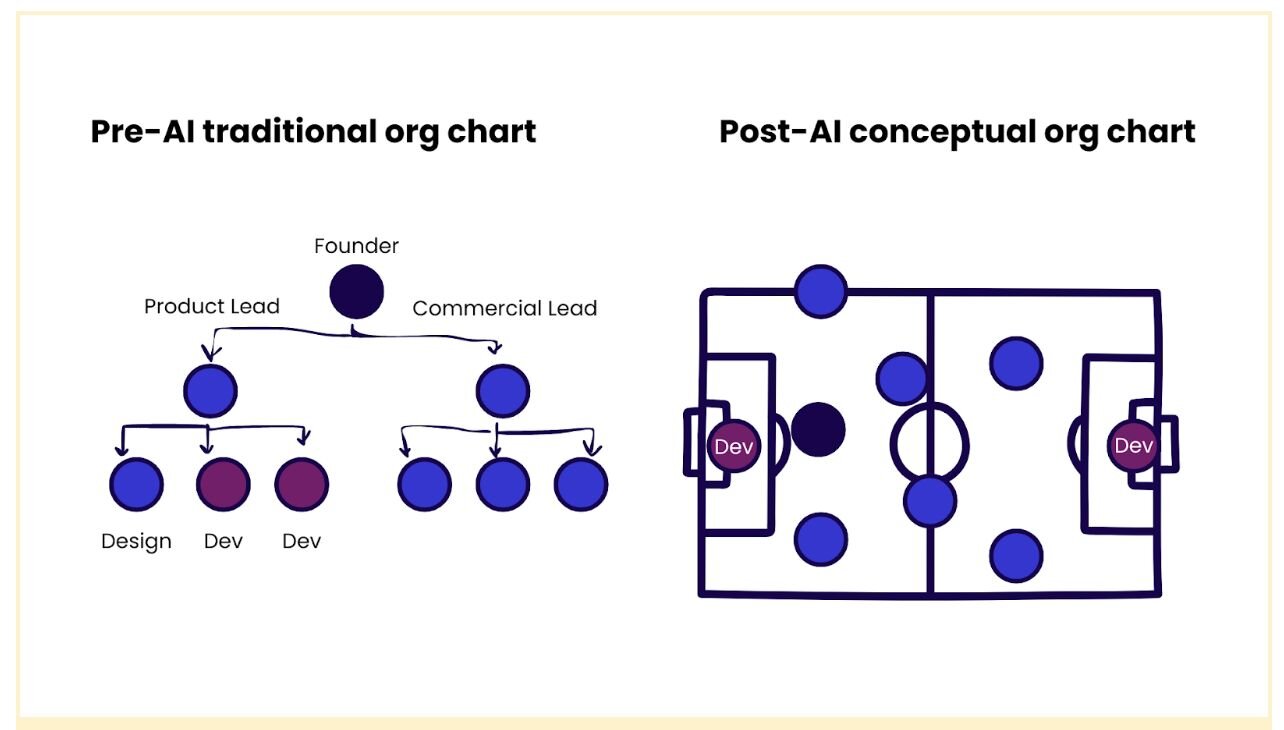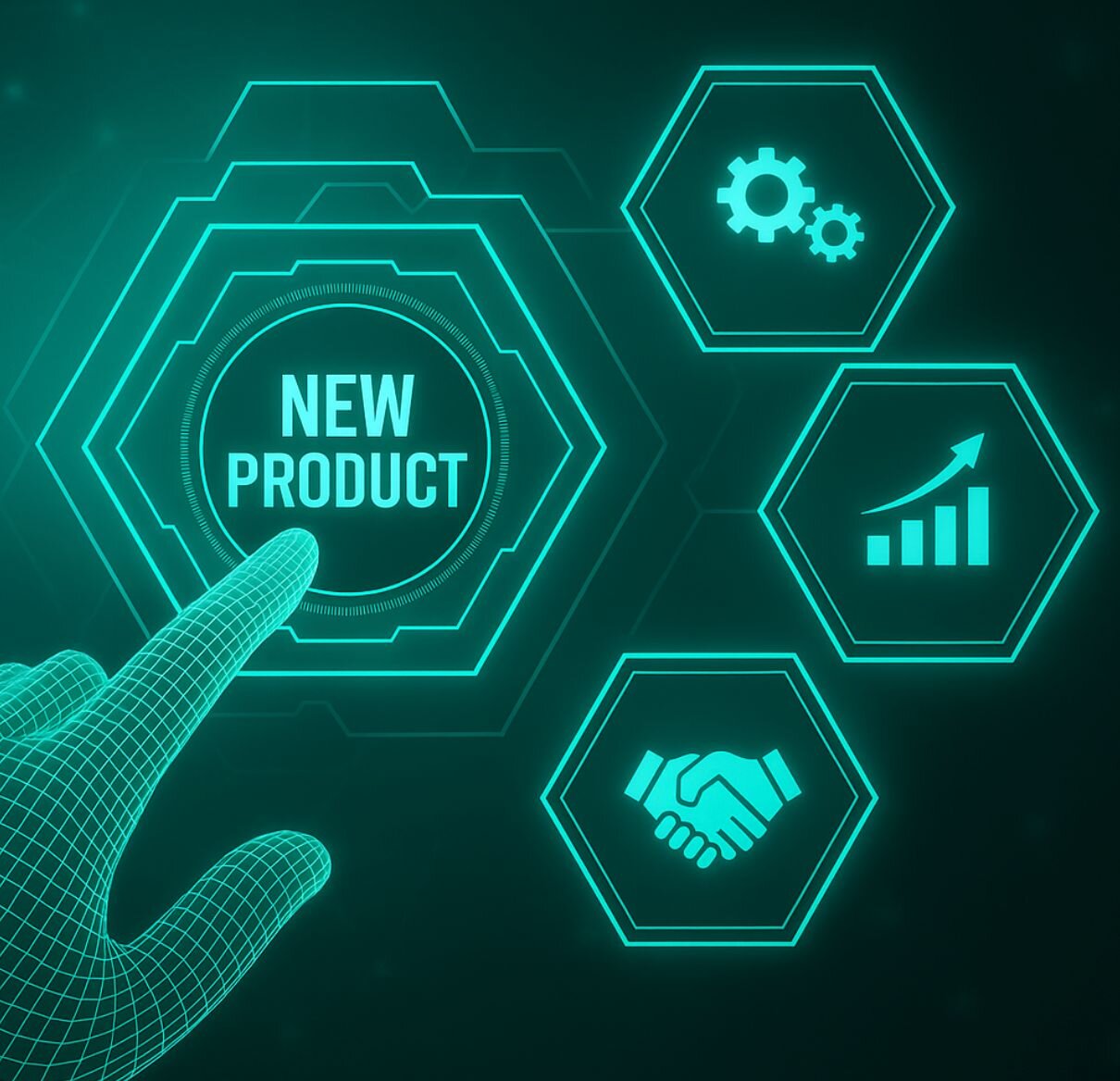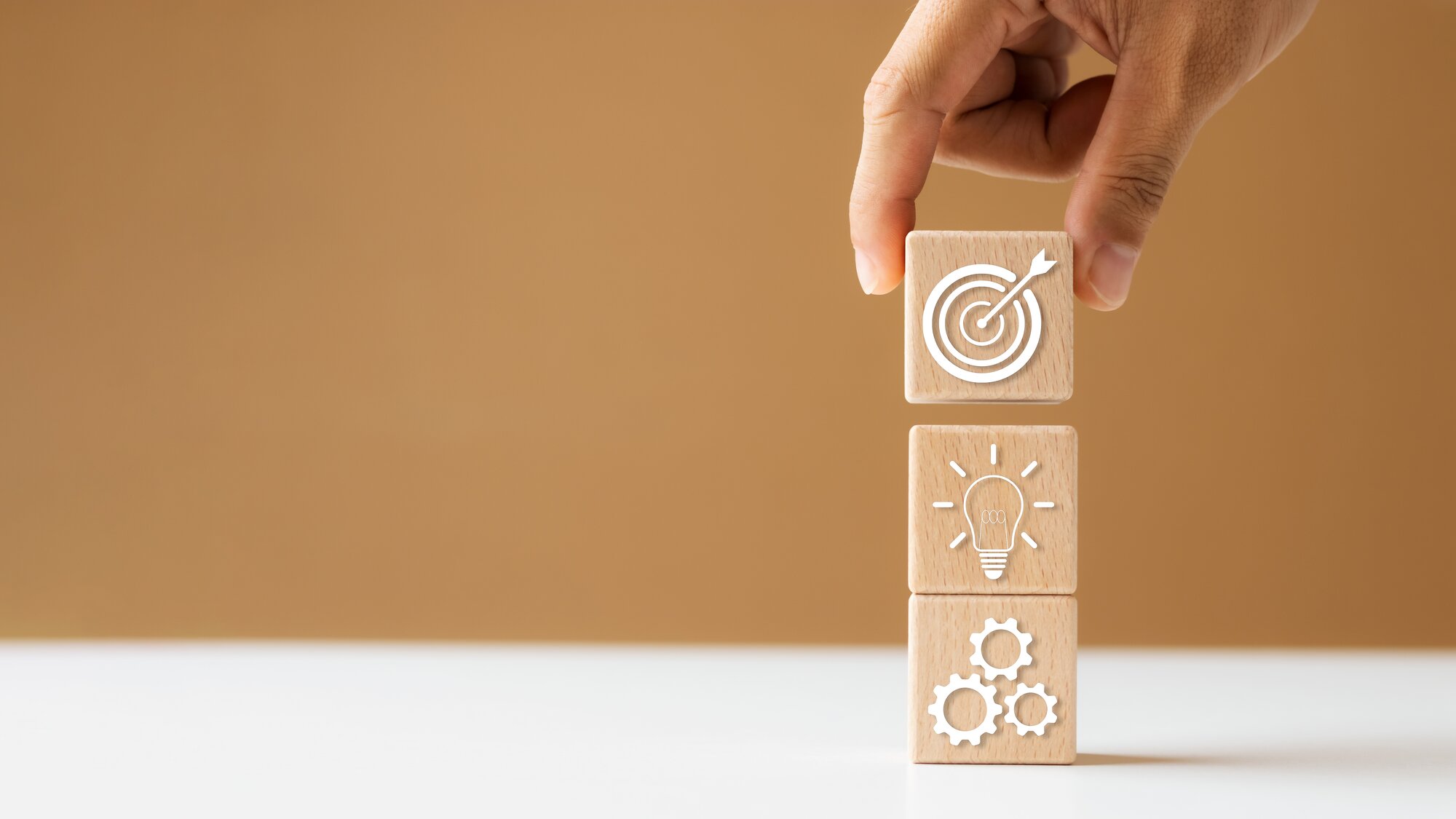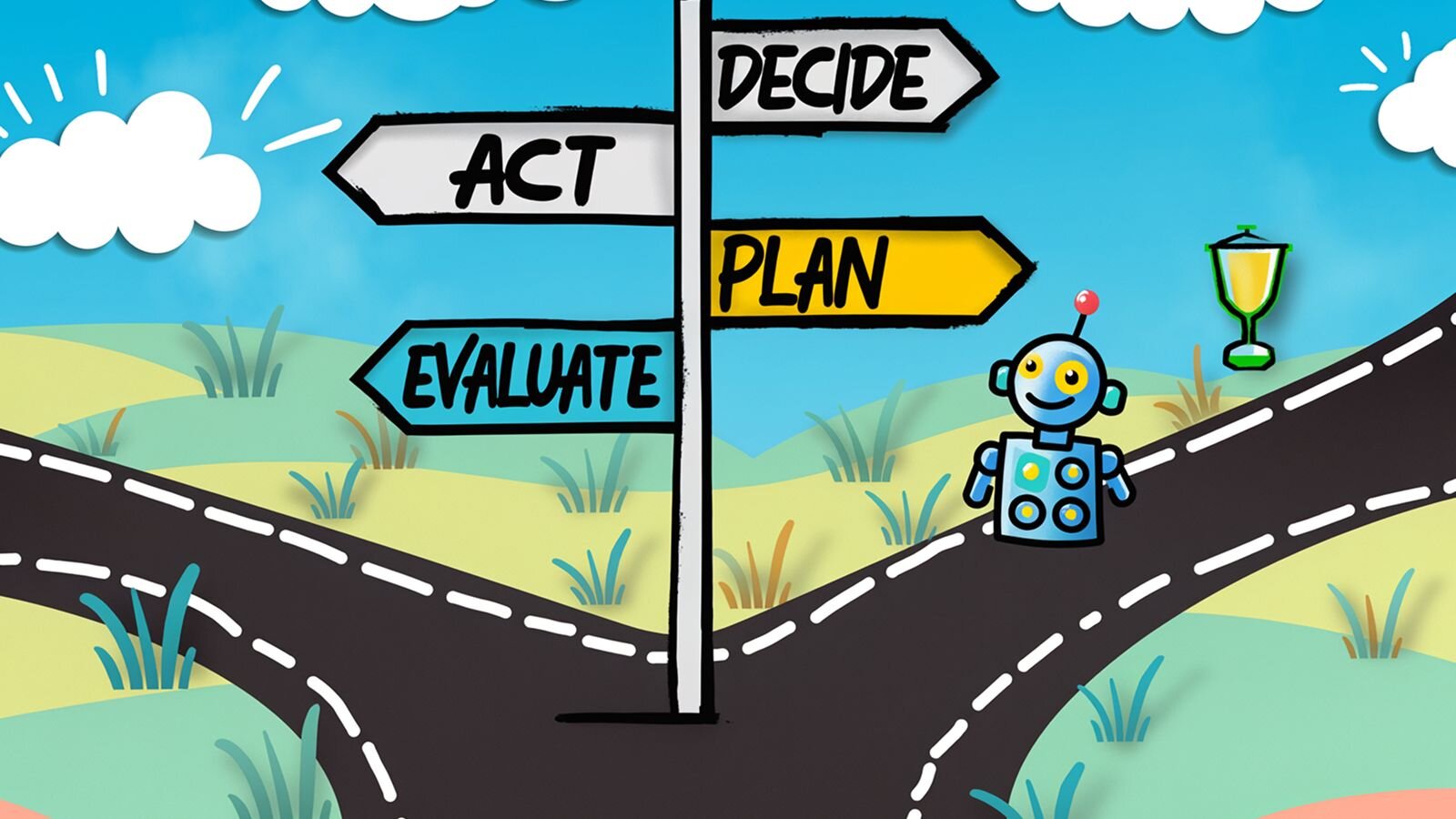We all like to be right, to do things perfectly, to get praise. I am super guilty of this and more times than I can remember people around me told me that I have to get comfortable with ”good enough”. That my chase for quality is sometimes my biggest enemy. I always struggled with this concept, because I really do not like to set my bar lower than I think it should be.
But the more I think about it, the more I realize that it is not about ”good enough”, it is about mistakes. Doing things, believing in them, and letting them fail. Brutally, epically fail. It might sound strange but I came to realize that mistakes are the key to success and excellence, not its enemy.
This is because mistakes force us to stop and think, analyze and reflect, they attract our attention in a sea of things done right and make us remove the autopilot.
I always remember my mistakes more vividly than my successes, and every single one of them taught me a product lesson that made me better at my job.
Some examples of mistakes that taught me product lessons:
- I focused my heart and should on shipping things prioritized on impact effort and what seemed to be important then and there. As a result me and my team delivered a bunch of ”things” that we were really proud of, but simply did not make any difference. For the customers and for the business. It was really a sad day when I realized it, but it taught me a lesson about the importance of product strategy and always use it to choose what to work on. Without that clear direction, you will never be able to move your product forward, no matter how much you deliver.
- My startup ran out of cash because we spent too much time perfecting a paper-product idea instead of having even a small proof of concept on the market. Believe me, I am always thinking about how I can test an idea and get it as fast as possible in front of a paying customer now.
- I underestimated the importance of communicating a piece of product news, which created a big reaction from customers. Answering personally some angry emails and calls really taught me the importance of understanding that what I considered ”good news” are instead really bad ones for some customers. I now created a system that ”categorizes” which kind of product news we are communicating, to better handle the rollout plan.
- I roll out products without having a 360 understanding of the business and the consequences of the release. Which taught me the importance of a full 360 onboarding for PMs and a ”net of advisors” in the first months at the job.
And the list could go on and on.
I always aim for excellence, and at the same time, I always aim for mistakes. One needs the other. American football coach Vince Lombardi summarizes perfectly my idea of always wanting to get better and at the same time embrace mistakes when he said
”we are going to relentlessly chase perfection, knowing full well we will not catch it…In the process we will catch excellence”.
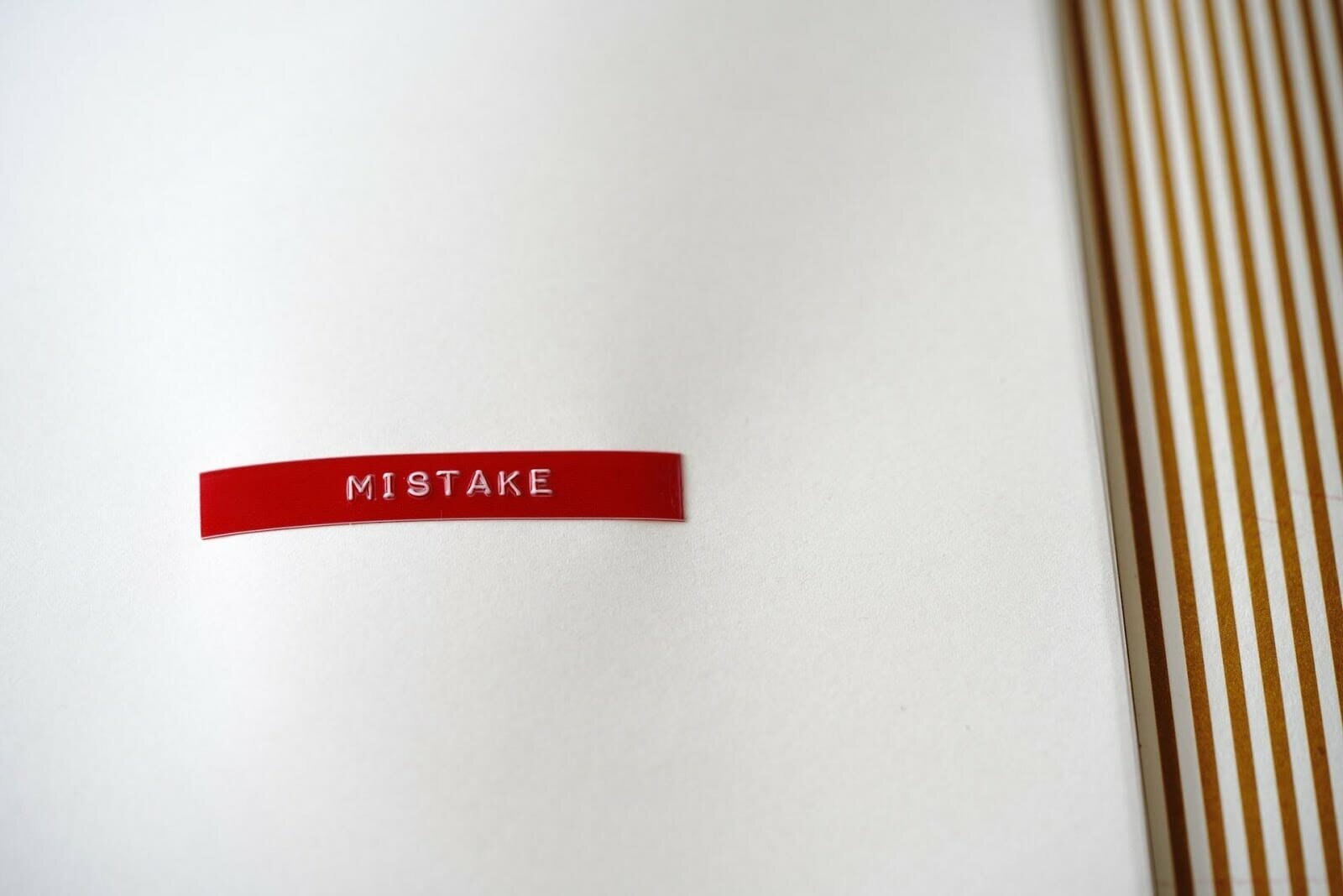
Help your product teams fail
As mistakes are so important I think that it is critical to creating an environment where product teams can learn and fail. Both on an individual and on a team level. These are a couple of practical things that I do, to help the product organization at Hemnet to fail:
Take a step back and watch the failure
Sometimes the team has an idea, but you know that there is plenty of evidence in the market, or there is nothing really that you think should be tested. Doing a test seems like losing time as you already know how the test will end up. It is in moments like this that you as PM or CPO have to bite your tongue, not act, and let the team test and try. You are not losing time, what you are doing is creating the space for the team to learn. Something they try on their skin will always be more powerful than whatever you say. Take a step back and many deep breaths, and see the team fail and bloom.
Share your own mistakes
Be a role model and share when you do things wrong. Do not model perfection, lift your own imperfections to show people that it is ok. At Hemnet we have a Slack channel called #hemnetfailures where we share everything that doesn’t go according to plan. I share my big mistakes in that channel, but I have a plan to share the small ones as well. This article is also a great example of how successful companies open up for failures.
Praise people who share when they fail
Encourage to demo and talk about tests and experiments that have gone wrong or things that did not work as expected. And make sure to make it crystal clear that failure is not only ok, but it is great. Because it means we dared to go out of our comfort zone.
Create a culture of learnings
To go beyond success and failures, always strive to get to the learnings. Do not say ”great” when someone succeeds and ”it will be better next time” when something goes wrong. In both cases ask the question: ”great, and what did you learn?"
A mistake a day keeps the stagnation away
Make sure that you have a goal to make small mistakes as often as you can and then share them. Do not wait for that epic failure to come, sharing mistakes needs to become a habit and nothing is too small to be highlighted.
Success is the ability to go from failure to failure without losing your enthusiasm.
Explore more product management career content. For even more content on a range of product management topics, see our Content A-Z.


